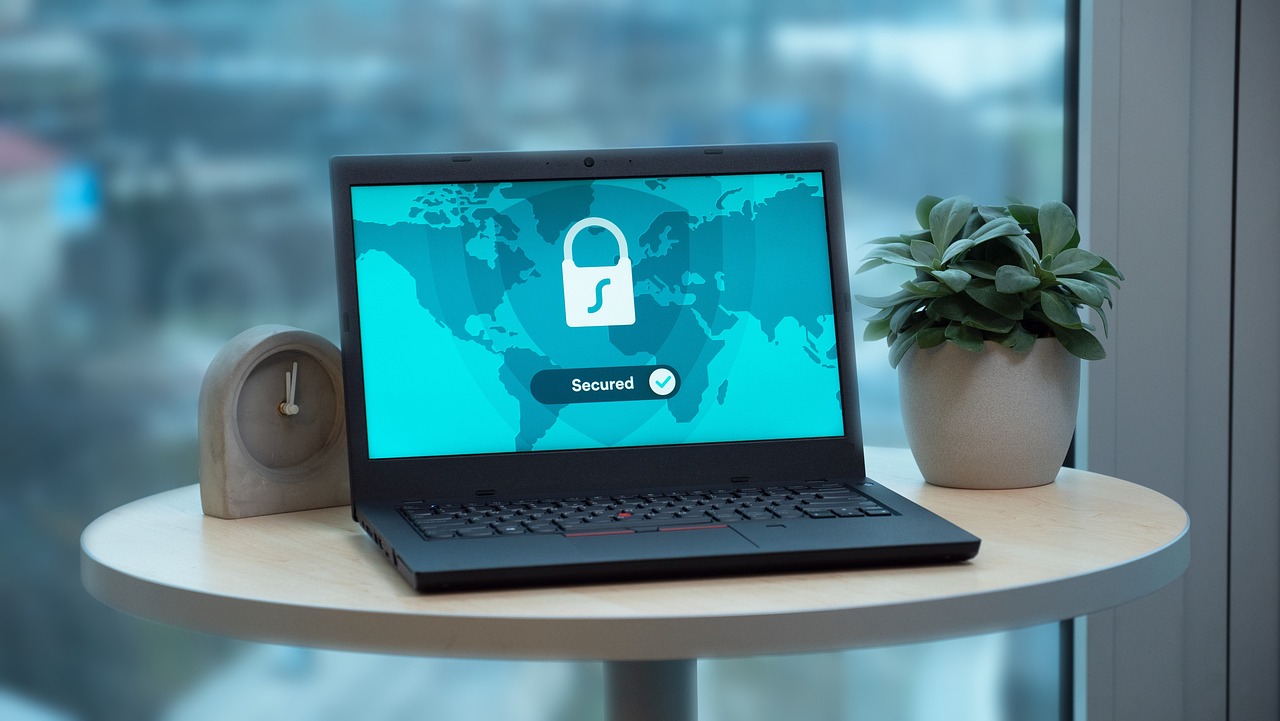As technology continues to advance, it is crucial to stay vigilant and updated on the latest online safety practices. Cybercriminals are constantly finding new ways to exploit vulnerabilities, making it essential to regularly update your devices and software. Additionally, practicing strong password management and being cautious of suspicious emails or links can help protect your personals and information from potential threats and can go a long way in safeguarding your digital presence in 2024.

How to spot and avoid unsafe websites and online scams?
One way to spot and avoid unsafe websites and online scams is to look for secure website indicators such as the padlock symbol or "https" in the URL. It is also important to be cautious of websites that ask for excessive personal information or require payment before providing a service. Additionally, staying informed about common online scams and being skeptical of offers that seem too good to be true can help you steer clear of potential dangers while browsing the internet.
Best antivirus software for online safety.
When it comes to online safety, having reliable antivirus software is crucial. It can protect your device from malware, viruses, and other online threats. Some popular options for the best antivirus software include Avast, Norton, McAfee, and Bitdefender. These programs regularly update their databases to stay ahead of emerging threats and provide real-time protection for your online activities. Remember to choose reputable antivirus software that suits your needs and regularly update it to ensure maximum security.
Should I use a password manager for my online accounts?
Using a password manager for your online accounts is highly recommended for enhanced online safety. A password manager can generate strong, unique passwords for each of your accounts and securely store them, eliminating the need to remember multiple passwords. This not only reduces the risk of password breaches but also ensures that you can easily access your accounts without compromising security. Additionally, password managers often offer features like two-factor authentication and encrypted storage, further enhancing the protection of your sensitive information.
Tips to consider for safety online.
1. Keep your software and devices up to date: Regularly update your operating system, web browsers, and security software to ensure you have the latest patches and protection against emerging threats.
2. Enable two-factor authentication (2FA): Add an extra layer of security to your online accounts by enabling 2FA, which requires a second form of verification, such as a unique code sent to your phone, in addition to your password.
3. Be cautious of phishing attempts: Stay vigilant against phishing emails, messages, or calls that try to trick you into revealing personal information or clicking on malicious links. Double-check the sender's email address or contact information before responding or providing any sensitive data.
4. Use strong and unique passwords: Create strong passwords for each of your online accounts and avoid reusing them across different platforms. Consider using a password manager to securely store and generate complex passwords.
5. Be mindful of what you share online. Think twice before sharing personal information on social media or other platforms. Limit the amount of personal data you disclose publicly, as it can be used by cybercriminals for identity theft or targeted attacks.
6. Regularly back up your data: Protect yourself from potential data loss due to cyberattacks by regularly backing up important files and documents either on an external hard drive or through cloud storage services.
7. Educate yourself about online threats: Stay informed about the latest cybersecurity risks and best practices by following reputable sources like cybersecurity blogs, news outlets, or official government websites dedicated to online safety.
8. Use secure Wi-Fi networks: Avoid connecting to public Wi-Fi networks when handling sensitive information like banking transactions or accessing confidential accounts. Instead, use secure networks with encryption protocols like WPA2 whenever possible.
9. Install reputable antivirus software: Invest in reliable antivirus software that can detect and block malware infections effectively. Keep it updated regularly to ensure it can identify new threats efficiently.
10. Trust your instincts: If something feels suspicious or too good to be true online, it probably is. Trust your instincts and exercise caution when interacting with unfamiliar websites, emails, or messages to avoid falling victim to scams or cyberattacks.
Summing up..
Staying vigilant and updated on online safety practices is crucial in 2024. Cybercriminals are constantly exploiting vulnerabilities, so regular updates are essential. Strong password management and being cautious of suspicious emails or links can protect personal information. To spot unsafe websites and scams, look for secure indicators like padlock symbols or "https" in URLs. Stay informed about common online scams and be skeptical of offers that seem too good to be true. Reliable antivirus software like Norton, McAfee, and Bitdefender can protect devices from malware and viruses. Using a password manager for online accounts can enhance safety by generating unique passwords and storing them securely.


